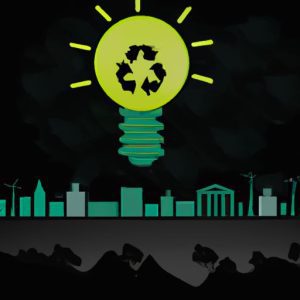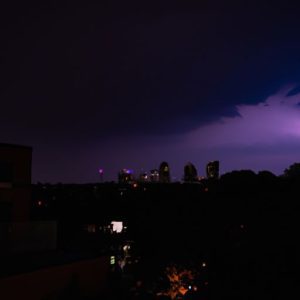South Africa is battling constant power cuts because its old power plants break down often and maintenance has been delayed for years. These blackouts disrupt daily life, especially in the evening when families need electricity the most. While richer areas use solar power to avoid the worst effects, poorer communities suffer more. Despite these struggles, many South Africans find creative ways to cope, and new local efforts in renewable energy offer hope for a brighter, more reliable future.
The Town is taking proactive measures to protect crucial public infrastructure and security during stage 6 loadshedding, including the use of UPS systems with lithiumion batteries for traffic signals. Residents are urged to report malfunctioning signals and turn off appliances before loadshedding commences. The Town’s sewage system and electricity supply are also being sustained through swift response measures, and public safety and readiness are being prioritized. Despite the challenges posed by highstage loadshedding, the Town continues to endure and provide a glimmer of hope in difficult times.
Cape Town’s Innovative Energy Strategy: Striving Towards a Sustainable, Loadshedding-Free Future
The City of Cape Town has called on its residents and other stakeholders to review its ambitious draft Energy Strategy before the deadline for public comments on 31 July 2023. The strategy outlines the City’s commitment to ending loadshedding, reducing energy poverty, and optimizing energy use.
Cape Town’s efforts to address unemployment have been successful, as the city has the lowest unemployment rate among South Africa’s metros. Mayor Geordin HillLewis recognizes the progress made but acknowledges that there is still much to do to foster economic growth, lift people out of poverty, and create jobs.
Loadshedding has become a significant issue for the citizens of South Africa, with stage 6 blackouts occurring on a daily basis and the fear of even higher stages on the horizon. In this article, we explore eight essential products that can help households better cope with the challenges of loadshedding this winter.
South Africans may have to brace themselves for more severe power outages as Eskom, the country’s energy provider, considers implementing loadshedding measures beyond stage 8 to prevent the national grid’s collapse. ## The Crucial Document
As blackouts become more frequent and loadshedding reaches stage 6, finding reliable alternative sources of energy has become increasingly important for households. This article explores different financing options available to those considering investing in alternative energy solutions, such as solar power systems and inverters.
Loadshedding has become a significant issue in South Africa, particularly during winter when more power is required from the national grid. These planned power outages have raised concerns about food security in the country, with the retail and agriculture industries fearing possible food shortages due to the impact of loadshedding on their operations and logistics.
Gonana Guesthouse, owned by Swedish interior designer and entrepreneur Jonas Sandström, is a sustainable and luxurious beach getaway that offers a unique experience for ecoconscious travelers. Located on the periphery of a picturesque West Coast beach in Paternoster, South Africa, the Gonana Collection is the first sustainable living and ecofriendly guesthouse in the area, proudly celebrating 1,000 days of business with a fantastic special.
Cape Town, also known as the Mother City, has been in the spotlight for the past few years due to the severity of load shedding experienced in the region. However, the city is now set to become the first loadsheddingfree city in the country, thanks to the development of a solar PV and battery storage project near Somerset West.
South Africa’s energy sector has seen a significant challenge in recent years. Eskom, the country’s leading power utility, has struggled to keep up with the growing electricity demand. The result has been frequent power outages, or load shedding, which have disrupted businesses and homes. The reasons for this crisis are complex, ranging from aging infrastructure to corruption allegations. In this article, we will explore the causes of the electricity crisis in South Africa, its impact on society, and the measures being taken to address the problem.
Eskom, South Africa’s stateowned electricity company, is facing significant challenges in supplying electricity to the country. The company has projected that the government will face load shedding every week for the next year due to a worstcase scenario expected to exceed 17,000 MW of planned and unplanned outages.












